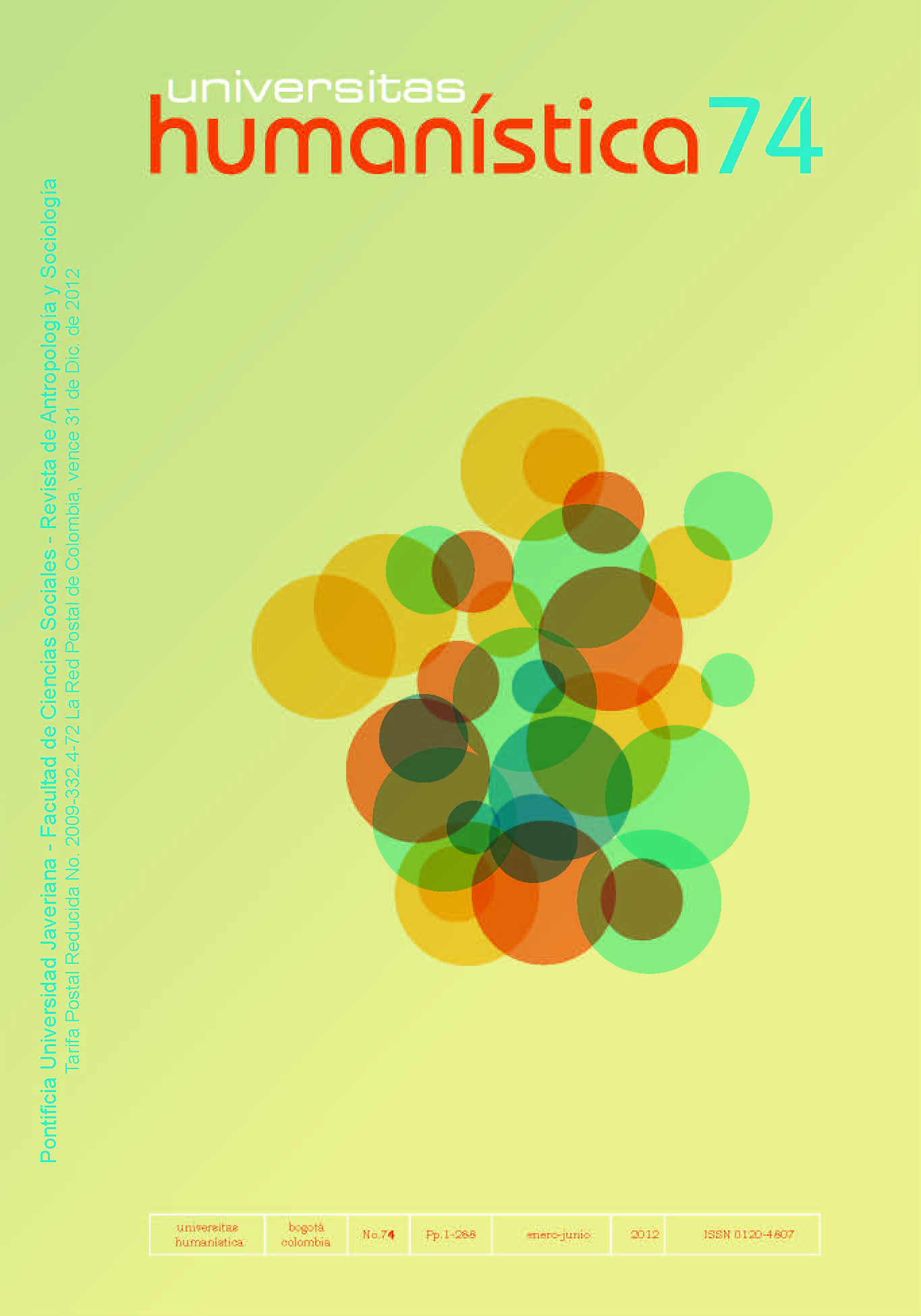Resumen
Este artículo discute el cuento “El arroyo de la Llorona” de la escritora Méjico-americana Sandra Cisneros. En él, el personaje principal, Cleófilas, está sujeta a la dependencia social, emocional y económica de su esposo, de acuerdo a constructos culturales sobre la identidad femenina que aún se mantienen en las sociedades patriarcales latinas. Debido a su estado de total marginalización y violencia intrafamiliar, Cleófilas opta por evadir la realidad, y esa evasión no solamente le causa inestabilidad mental sino que anula su iniciativa para cambiar su vida agobiante. Al ser oprimida por un sistema patriarcal, Cleófilas desarrolla un interés inusual en la leyenda de La Llorona, y mediante la reminiscencia de este mito, estas dos figuras femeninas surgen como símbolos de resistencia y liberación. En este cuento La Llorona deja de ser la mujer denigrada -característica que ha tenido a través del tiempo- y se transforma en la imagen de una heroína contemporánea capaz de retar normas patriarcales radicales. 
La revista Universitas Humanística se encuentra registrada bajo la licencia Creative Commons Reconocimiento 4.0 Internacional. Por lo tanto, esta obra se puede reproducir, distribuir y comunicar públicamente en formato digital, siempre que se reconozca el nombre de los autores y a la Pontificia Universidad Javeriana. Se permite citar, adaptar, transformar, autoarchivar, republicar y crear a partir del material, para cualquier finalidad (incluso comercial), siempre que se reconozca adecuadamente la autoría, se proporcione un enlace a la obra original y se indique si se han realizado cambios. La Pontificia Universidad Javeriana no retiene los derechos sobre las obras publicadas y los contenidos son responsabilidad exclusiva de los autores, quienes conservan sus derechos morales, intelectuales, de privacidad y publicidad.
El aval sobre la intervención de la obra (revisión, corrección de estilo, traducción, diagramación) y su posterior divulgación se otorga mediante una licencia de uso y no a través de una cesión de derechos, lo que representa que la revista y la Pontificia Universidad Javeriana se eximen de cualquier responsabilidad que se pueda derivar de una mala práctica ética por parte de los autores. En consecuencia de la protección brindada por la licencia de uso, la revista no se encuentra en la obligación de publicar retractaciones o modificar la información ya publicada, a no ser que la errata surja del proceso de gestión editorial. La publicación de contenidos en esta revista no representa regalías para los contribuyentes.


